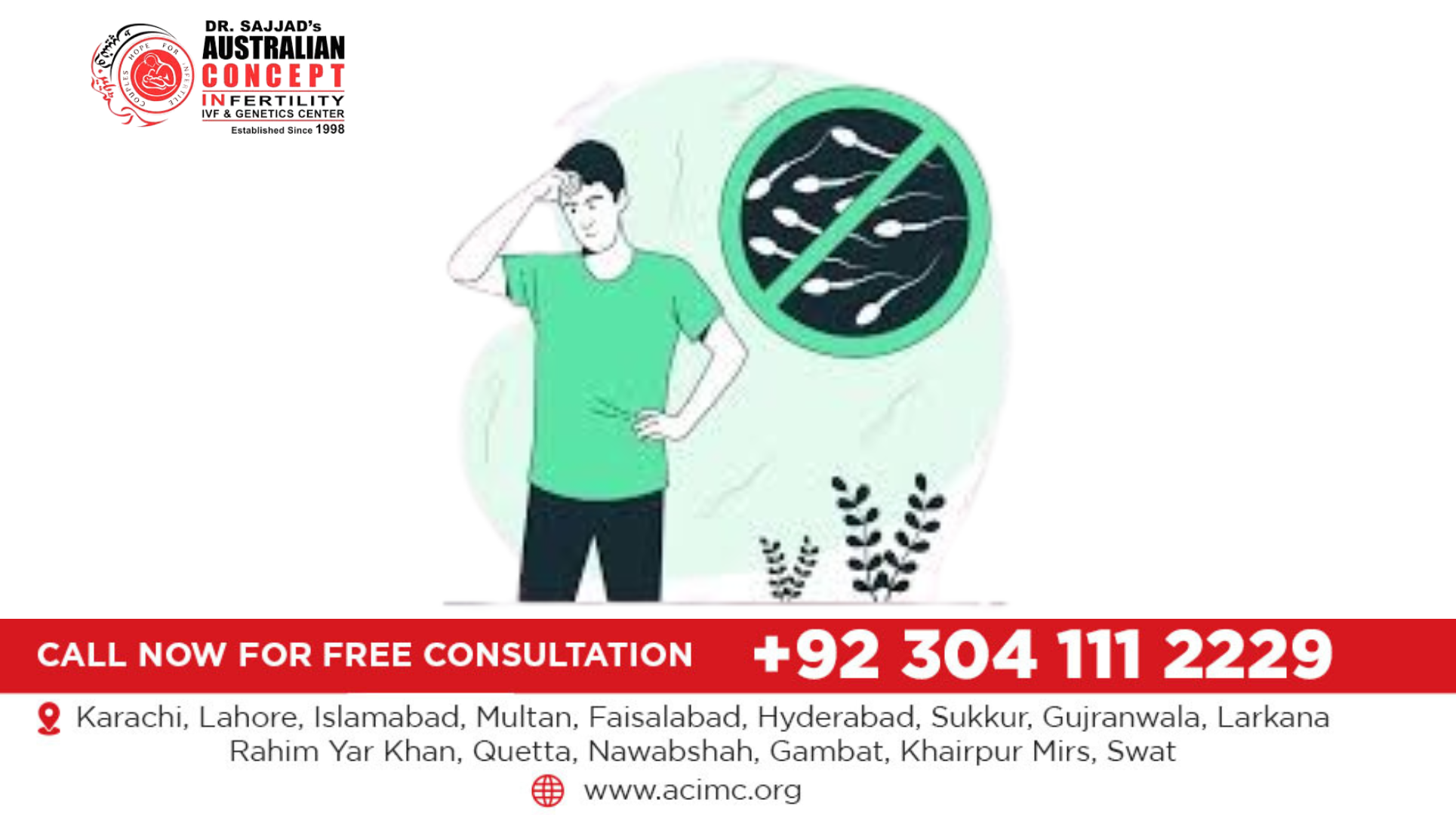Azoospermia, the medical condition where no sperm are found in a man’s semen, can be one of the most distressing causes of male infertility. However, not all cases of azoospermia are permanent or untreatable. For some men, the absence of sperm is linked to hormonal imbalances rather than irreversible damage. In such cases, hormone therapy can play a vital role in restoring fertility and helping couples conceive naturally or through assisted reproductive techniques.
Understanding Azoospermia
Azoospermia affects nearly 1 in every 100 men and can occur due to two main causes:
-
Obstructive Azoospermia: Sperm are produced normally but blocked from being released into the semen due to an obstruction in the reproductive ducts.
-
Non-Obstructive Azoospermia: The testicles fail to produce sperm properly, often due to hormonal or testicular dysfunction.
Hormone therapy is particularly effective in treating non-obstructive azoospermia caused by hormonal deficiencies.
The Link Between Hormones and Sperm Production
Male fertility relies on the balance and function of several hormones that regulate sperm production (spermatogenesis). The key hormones involved are:
-
FSH (Follicle-Stimulating Hormone): Stimulates sperm production in the testes.
-
LH (Luteinizing Hormone): Promotes the production of testosterone, which supports sperm development.
-
Testosterone: The main male hormone, crucial for sperm maturation and overall reproductive function.
-
GnRH (Gonadotropin-Releasing Hormone): Controls the release of FSH and LH from the pituitary gland.
When any of these hormones are imbalanced, sperm production may be reduced or completely absent.
How Hormone Therapy Helps
Hormone therapy aims to correct these imbalances to restore normal sperm production. It works differently depending on the underlying cause of azoospermia Treatement.
1. Treating Hypogonadotropic Hypogonadism
This condition occurs when the pituitary gland fails to produce enough FSH and LH. Without these hormones, the testes cannot make testosterone or sperm. In such cases, hormone therapy can be highly effective.
-
hCG (Human Chorionic Gonadotropin) injections are used to boost testosterone production.
-
FSH therapy may be added to stimulate the testes directly for sperm production.
In many men with this condition, sperm appear in the semen within 3 to 6 months of starting treatment, making natural conception or assisted reproduction possible.
2. Balancing Testosterone Levels
Low testosterone levels can also affect sperm production. While testosterone replacement therapy (TRT) is used to improve sexual health, it can sometimes suppress natural sperm production if not managed correctly. Therefore, fertility specialists use gonadotropin therapy instead, which boosts both testosterone and sperm naturally without shutting down the body’s natural hormone production.
3. Managing Prolactin Disorders
High levels of the hormone prolactin can interfere with sperm production and testosterone levels. If azoospermia is caused by a prolactin-secreting pituitary tumor or other imbalance, medications like dopamine agonists (bromocriptine or cabergoline) can normalize prolactin levels and restore fertility.
4. Thyroid and Cortisol Imbalances
Although less common, disorders in the thyroid or adrenal glands can impact reproductive hormones. Treating these underlying hormonal issues through medication can sometimes improve sperm production as well.
Effectiveness of Hormone Therapy in Azoospermia
The success of hormone therapy depends on the cause and severity of hormonal imbalance. In cases of hypogonadotropic hypogonadism, success rates can reach 60–80%, with sperm appearing in the semen after consistent treatment. In other hormonal disorders, results vary, and additional procedures like sperm retrieval and ICSI treatment may be recommended for conception.
Combination with Assisted Reproductive Techniques
When hormone therapy stimulates limited sperm production, the sperm may not appear in the ejaculate but can often be retrieved directly from the testes. These retrieved sperm are then used for fertilization through advanced techniques such as ICSI, significantly improving the chances of pregnancy.
Psychological and Emotional Benefits
Besides improving physical fertility, hormone therapy can also restore emotional well-being. Men who experience low testosterone often struggle with fatigue, low mood, and loss of confidence. Balancing hormones not only improves fertility but also enhances mental health, energy levels, and overall quality of life.
Conclusion
Hormone therapy plays a crucial role in treating specific types of azoospermia, especially those caused by hormonal imbalances rather than structural issues. It helps reactivate natural sperm production and can lead to successful conception when combined with assisted reproductive treatments. Consulting an infertility specialist for a thorough hormonal evaluation is the first step toward identifying whether hormone therapy can offer a path to parenthood.



